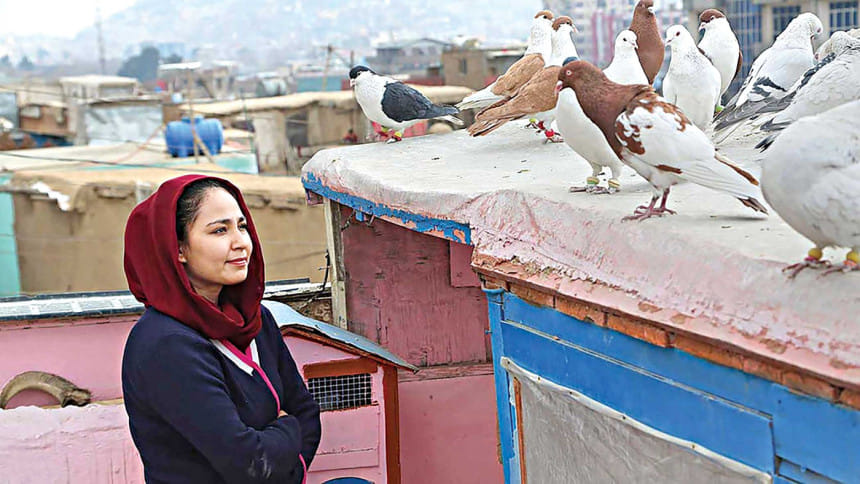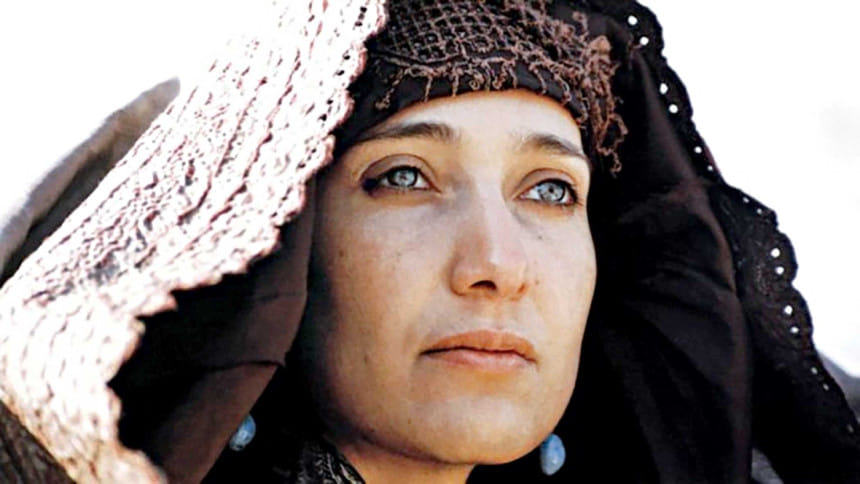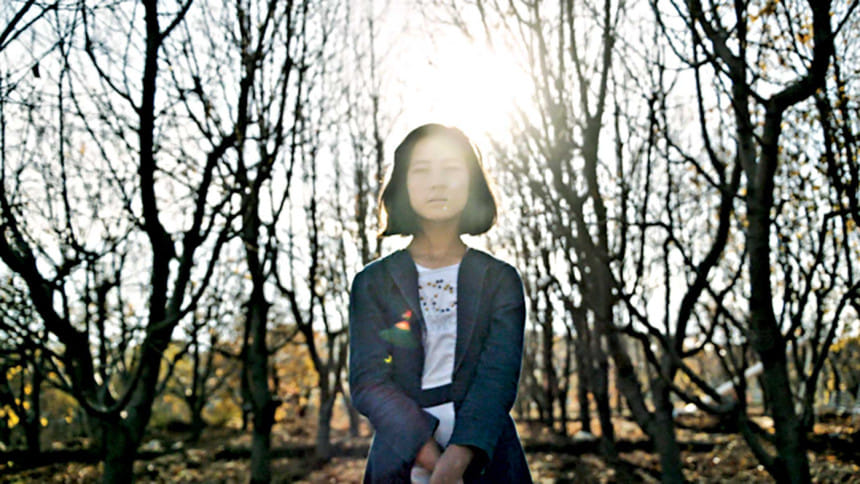The bleak future of filmmaking in Afghanistan under Taliban rule

Following the repossession of Afghanistan by the Taliban, various filmmakers took to explaining the plight of Afghan artistes, particularly that of females.
Diana Saqeb Jamal, the director of the Afghan-Bangladeshi short film, Roqaia, told Variety that she had left her friends and family in Kabul, and her belongings in her apartment. She compared her grief to the weight of the Hindu Kush mountains.
Sahraa Karimi, director and Head of the government-run company known as Afghan Film, reasoned that the Taliban is afraid of free-thinking, which especially threatens the lives of artistes. She has safely escaped the country with her family and two assistants to Ukraine.

More recently, director Hassan Fazili, who is now in Germany, told the Times of India that art, cultural activities, and filmmaking are destined for destruction under the Taliban. Shahrbanoo Sadat, the Afghan filmmaker whose credits include the 2019 Cannes Directors' Fortnight movie, "The Orphanage", recently fled Kabul successfully.
According to Variety, artistes and civil society workers in Afghanistan are refraining from sleeping in their homes, as they are now being located by Taliban militants with address intelligence technology. Sahra Mani, the founder of Documentary House said that intellectuals, filmmakers, and artists are only left with two options: to flee the country or get executed by the Talibans. It is very easy for them to track down female filmmakers, whose numbers are as low as 10.

The Taliban is a fundamentalist Islamic group, whose members were originally Mujahideen guerillas, who fought against the Soviet occupation of Afghanistan in the 1980s. The group gained momentum in the early 1990s in the backdrop of a civil war against the Mujahideens.
By 1996, they had captured Kabul, declared Afghanistan as an Islamic emirate and imposed extreme measures such as widely banning women's education and employment, music, and television, and abusing ethnic and religious minorities.
In 2001, the US accused the Taliban for collaborating in the 9/11 attacks by hiding Osama Bin Laden, who was believed to be its master plotter. Upon asking for proof, the US denied, and in a matter of months, the Taliban was reduced to shreds by a US bombing campaign. A new constitution based on the 1960s reformed constitution under Afghanistan's last king was formed, which granted rights to women and ethnic minorities.
However, by 2006, the Taliban had reestablished itself, with a mission to expunge the US. They became successful in 2021, which led to the withdrawal of the US troops.
The Afghan film industry rejuvenated in the last decade with the help of a few women who worked tirelessly and fought against obstacles. Their films mainly portray the lives and daily struggles of Afghan citizens, especially women, in a war-stricken country under the Taliban regime.
There are also many notable documentaries based on the US-Afghan war such as Zero Dark Thirty and the Oscar-winning Taxi to the Dark Side. Filmmaker and social activist Mariam Ghani, daughter of former Afghan President Ashraf Ghani directed What We Left Unfinished, which studies the relationship between the Afghan film industry and the country's national identity, from the abolition of monarchy in the 70s to the Taliban in the 90s.
The efforts of Afghan directors yielded fruits as films won accolades at international platforms. Osama, directed by Siddiq Barmak won a Golden Globe in 2003. In 2019, Karimi's Hava, Maryam, Ayesha premiered at the Horizons section of the Venice International Film Festival.
On the other hand, Afghans produced movies like Kandahar (2001), a filmthattells the story of an Afghan-Canadian who returns to her homeland to save her sister from committing suicide. It didn't get much attention when it premiered at the Cannes Film Festival, but then came the 9/11 attacks, and the world wanted to find out more about the hardships faced by women in Afghanistan.
It is in the making and perceiving of our own art that time and again reminds us of our roots. On the other hand, art acts as a vessel for knowledge of foreign cultures, and its restriction leaves us marooned. It now seems that the years of hard work by Afghan filmmakers and artistes have become futile.
The author is a freelance journalist. Email: [email protected].

 For all latest news, follow The Daily Star's Google News channel.
For all latest news, follow The Daily Star's Google News channel. 



Comments